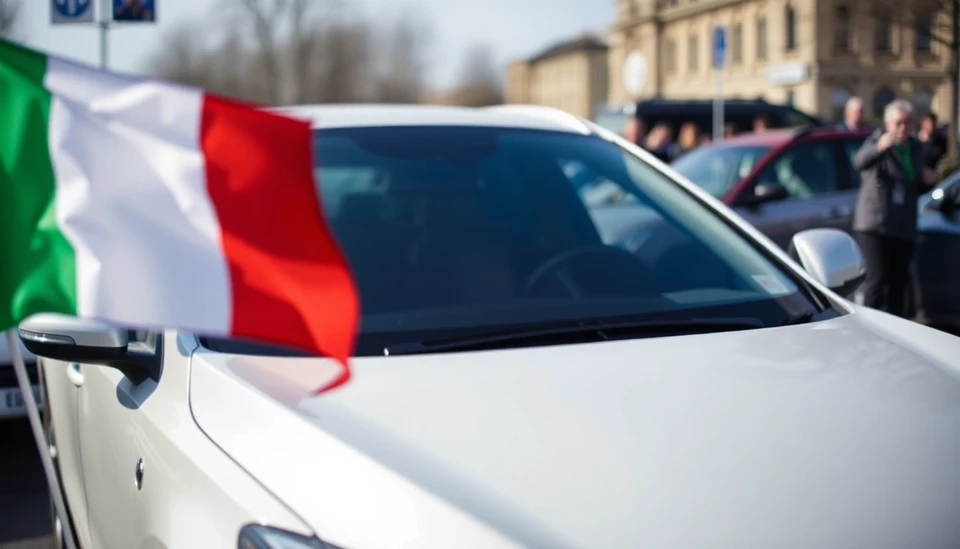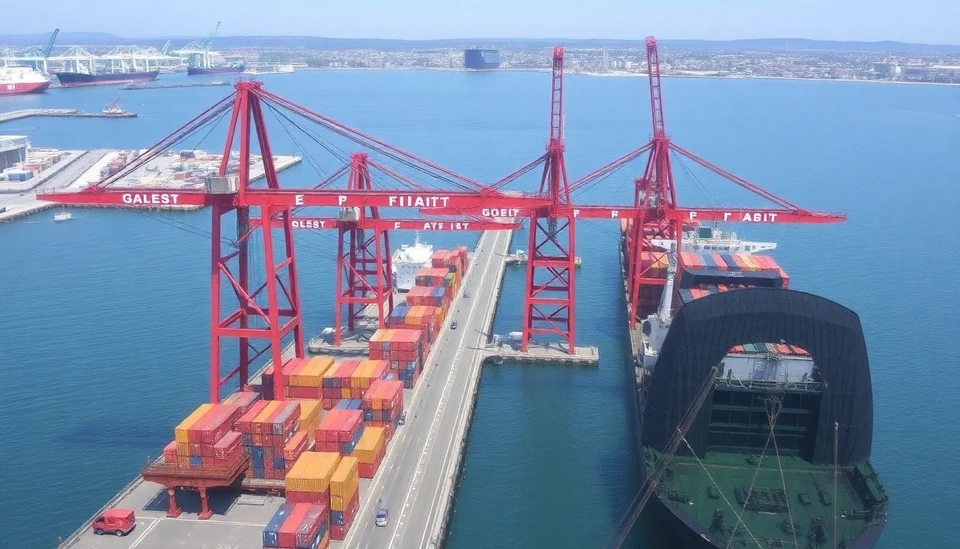
In a significant move that could impact the automotive industry, Italy and Poland have called on the European Union to reconsider its stance on emissions penalties that may burden local car manufacturers. Their joint plea comes against the backdrop of the EU's stringent environmental regulations aimed at reducing carbon emissions across the bloc.
The two nations are urging EU officials to provide some leeway for their domestic automotive sectors, fearing that strict adherence to new emission targets could lead to severe financial ramifications for carmakers. Italy and Poland argue that these fines could jeopardize the competitiveness of their automotive industries, which are pivotal to job security and economic stability in their respective regions.
Both countries are particularly concerned about the transition to electric vehicles (EVs), with many traditional automakers struggling to switch production lines from internal combustion engines to electric motors. Italy, known for its luxury automobile brands, and Poland, a key manufacturing hub for several European car makers, emphasize the need for support during this transitional phase.
In a joint letter addressed to EU leadership, the leaders of Italy and Poland highlighted the unique challenges faced by their automotive sectors. They pointed out that while the goal of reducing greenhouse gas emissions is essential for combating climate change, the abrupt imposition of fines without providing adequate support could lead to long-term damage to their industries.
This appeal coincides with a broader discussion within the EU on the necessity of balancing environmental goals with economic feasibility. Many member states are voicing concerns about the potential economic fallout from aggressive emission regulations, especially in industries heavily reliant on fossil fuel technologies.
As the EU prepares for upcoming meetings where these issues will be discussed, Italy and Poland's intervention could potentially influence the direction of policy regarding emissions penalties. The car manufacturers in these countries hope to avoid a scenario where crippling fines are levied, which could push some companies to the brink of bankruptcy.
The outcome of this situation will not only affect the automotive markets in Italy and Poland but could also set a precedent for how the EU handles environmental regulations in the future. If the EU takes the concerns of these two member states seriously, it might consider a more gradual approach to implementing emissions targets, thereby allowing manufacturers time to adapt to the changing landscape of the automotive industry.
This scenario illustrates the ongoing struggle between environmental objectives and economic realities, as European nations navigate the transition to a more sustainable future without sacrificing jobs and economic stability.
#Italy #Poland #EU #Carmakers #Emissions #ElectricVehicles #AutomotiveIndustry #Sustainability
Author: Samuel Brooks




